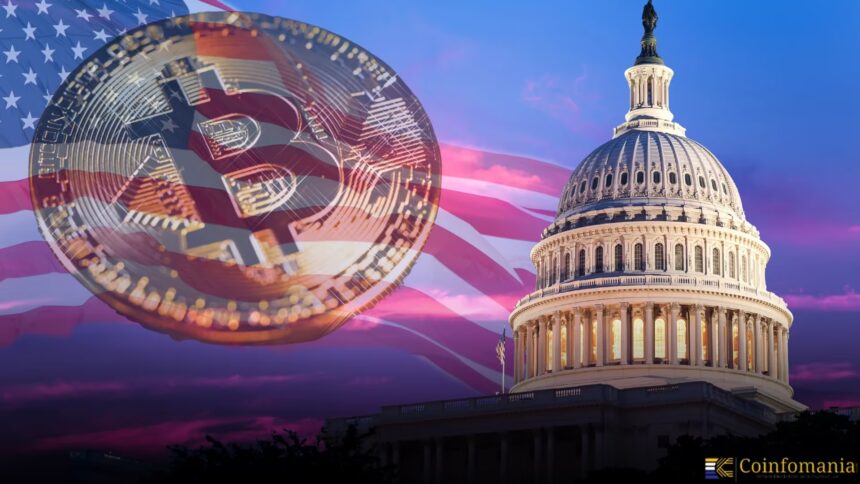US Senate Updates Crypto Market Structure Bill
The US Senate made revisions to its crypto market structure bill on Friday, introducing a significant provision aimed at clarifying the regulation of tokenized assets.
This new clause would guarantee that when stocks and other securities are tokenized on a blockchain, they continue to be classified as securities. This helps prevent any potential misunderstandings regarding whether they should fall under commodity regulations.
This distinction is crucial for digital asset companies engaged in tokenization. Stocks are regulated as securities already, and maintaining this classification when they are tokenized ensures they remain compatible with broker-dealer frameworks, clearing systems, and trading platforms.
“We want this on the president’s desk before the end of the year,” stated Wyoming Senator Cynthia Lummis, who is a primary sponsor of the legislation, in an interview with CNBC.
The Senate’s bill, known as the Responsible Financial Innovation Act of 2025, delineates when the Securities and Exchange Commission (SEC) should oversee digital assets versus the Commodity Futures Trading Commission (CFTC).
Lummis mentioned to CNBC that she anticipates the Senate Banking Committee will vote on the SEC-related provisions this month, followed by a vote from the Agriculture Committee in October regarding CFTC oversight. A complete vote in the Senate could occur as soon as November.
Though the draft has yet to earn support from Democrats, Lummis indicated that bipartisan negotiations are underway. “There have been efforts to pair Democrats and Republicans on certain sub-issues within the bill,” she pointed out, expressing hope for cross-party momentum.
Last month, a coalition of 112 crypto companies, investors, and advocacy groups called on the US Senate to include protections for software developers and non-custodial service providers in its forthcoming crypto market structure legislation.
In a letter addressed to the Senate Banking and Agriculture Committees, the group cautioned that outdated financial regulations risk incorrectly categorizing these entities as intermediaries.
Prominent players in the industry, including Coinbase, Kraken, Ripple, a16z, and Uniswap Labs, joined this call, arguing that regulatory uncertainty is already pushing developers away. The letter highlighted data from Electric Capital that reveals the US share of open-source blockchain developers decreased from 25% in 2021 to 18% in 2025.




















